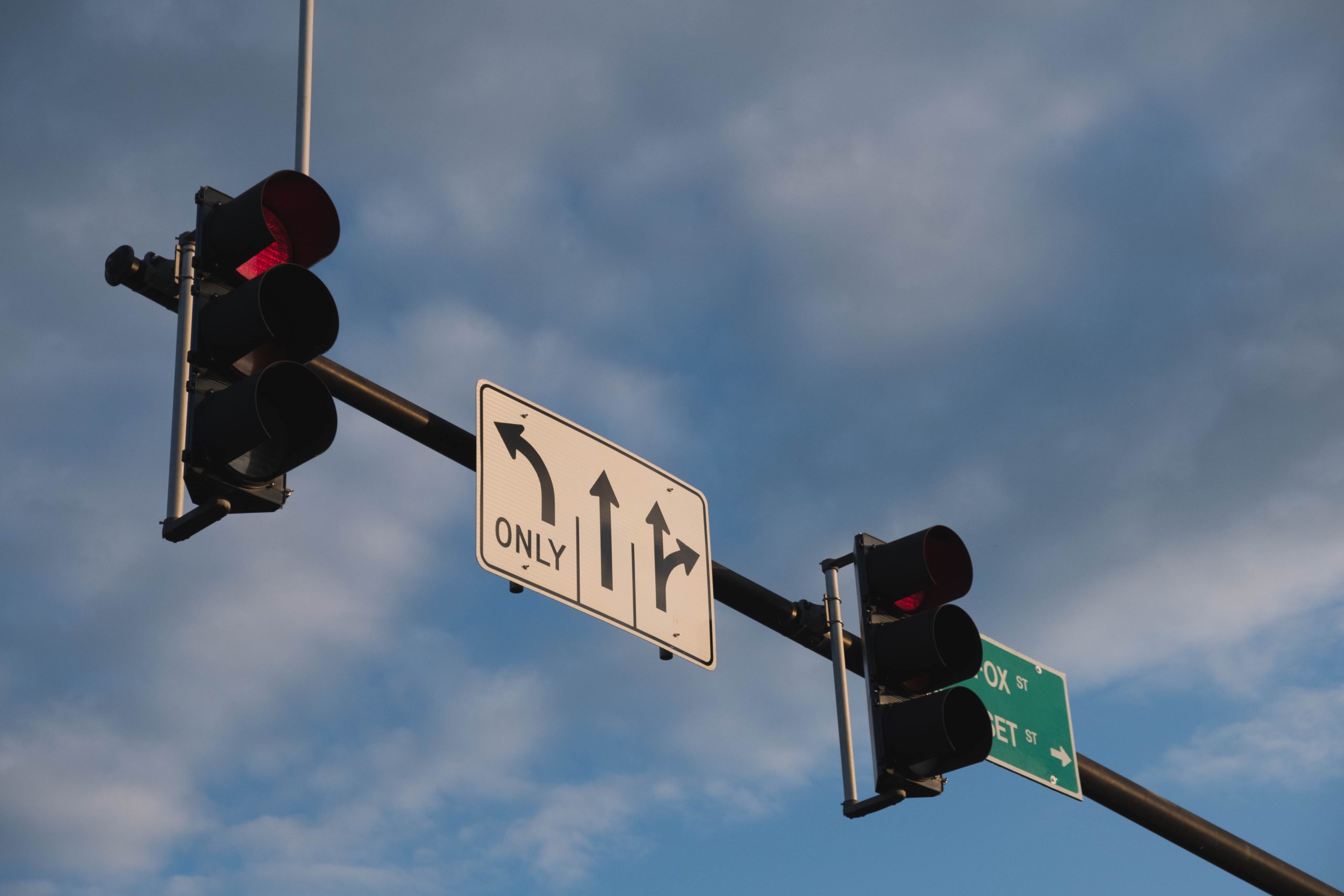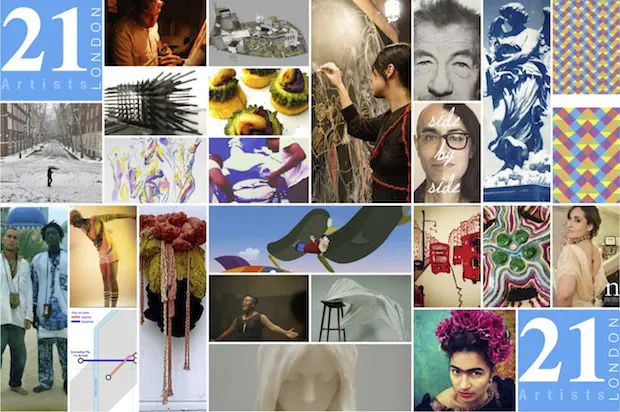The inaugural Placemaking Leadership Council (PLC) met in Detroit in April, an initiative founded by Project for Public Spaces (PPS). Attended by 300 people from 10 countries involved in the practice and process of placemaking, the PLC conference aimed to be the first step in the galvanisation of placemaking as a global movement and a knowledge exchange between placemakers and their diverse practices.
The conference itself started with scene setting from PPS’s President and Founder, Fred Kent. Fred gave voice to great placemaking and its importance in the contemporary setting – people and the way they use space needs to be valued and kept at the fore of urban planning and activity. The vision and aims of the PLC were then drilled into by PPS’s Senior Vice President; to shape a five-year placemaking campaign to position placemaking as strategic practice; to create a community of placemaking leaders to advance the placemaking movement; and to grow isolated impact of placemaking into a collective impact. Five conditions of collective success were advanced. Firstly, a common agenda; secondly, shared measurement systems; thirdly, mutually reinforcing activities; fourthly, continuous communication; and fifthly, for PPS to form a backbone of support to other placemaking organisations.

Examples of placemaking projects from across the world were given, and getting to see what others are doing and meet them too was, for many, the most inspiring part of the conference. Street level micro-interventions such as the plasters placed over sidewalk cracks by Curativos Urbanos in Brazil and now spreading worldwide thanks to social media and The Porch in Philadelphia where planters and social spaces are reconnecting people to their immediate built environment. Neighbourhood activities such as The Brownsville Partnership in New York, formed to help support vulnerable residents and combat homelessness and the San Diego Little Italy Association, working with the dwindling number of Italianate Business Improvement Districts to turn their focus to heritage placemaking where a walk down any street in the area will ‘tell a story’. The large-scale and arts-as regeneration projects such as Urban Development in Santiago that took the Las Condes abandoned transit hub and art gallery and through placemaking turned this around into a destination space.
Delegates formed working parties along thematic lines, set the task of creating their own transformative agendas for placemaking. These groups were ‘building community through transportation’; ‘creating multi-use public destinations’; ‘entrepreneurial places’; ‘place capital’; ‘architecture of place’; ‘place governance’; and ‘healthy communities’. I joined the healthy communities group, which will be the topic of my next post for This Big City.

Detroit was chosen as the host for this first meeting for the thought-provoking setting it offered the subject matter. Delegates got to see and talk to those involved at the grassroots of Detroit place revitalisations – downtown Detroit’s storefront ‘welcome centre’, D:Hive and the volunteer group Belle Isle Conservancy that saved and now manages the city aquarium. We also visited the infamous Heidelberg Project amongst others – and within the course of the three days, a new subject group of those involved in ‘placemaking in low income settings’ was created, this milieu not featuring explicitly in the programme (follow #lowincomeplacemaking for chat and developments along those lines). What delegates saw was a city that whilst not ignoring its problems, refused to be defined by them and saw a mix of scales of placemaking and grassroots placemaking as core to its future.
The next PLC meeting will be held in Stockholm in June at the Future of Places conference where the agendas for a global placemaking movement will be presented back to the group. With a perhaps more European delegate demographic enabled by its Swedish hosting, how will this community react to and progress the agendas created in the Stateside setting?
Cara Courage is an arts consultant, writer and creative placemaking PhD student, testing her theory of relocalism at University of Brighton. She writes for ArtsProfessional, Frame and Reference, Guardian Culture Professionals Network and engage and is director of pop-up architecture centre Threshold.
Photos: Cara Courage


